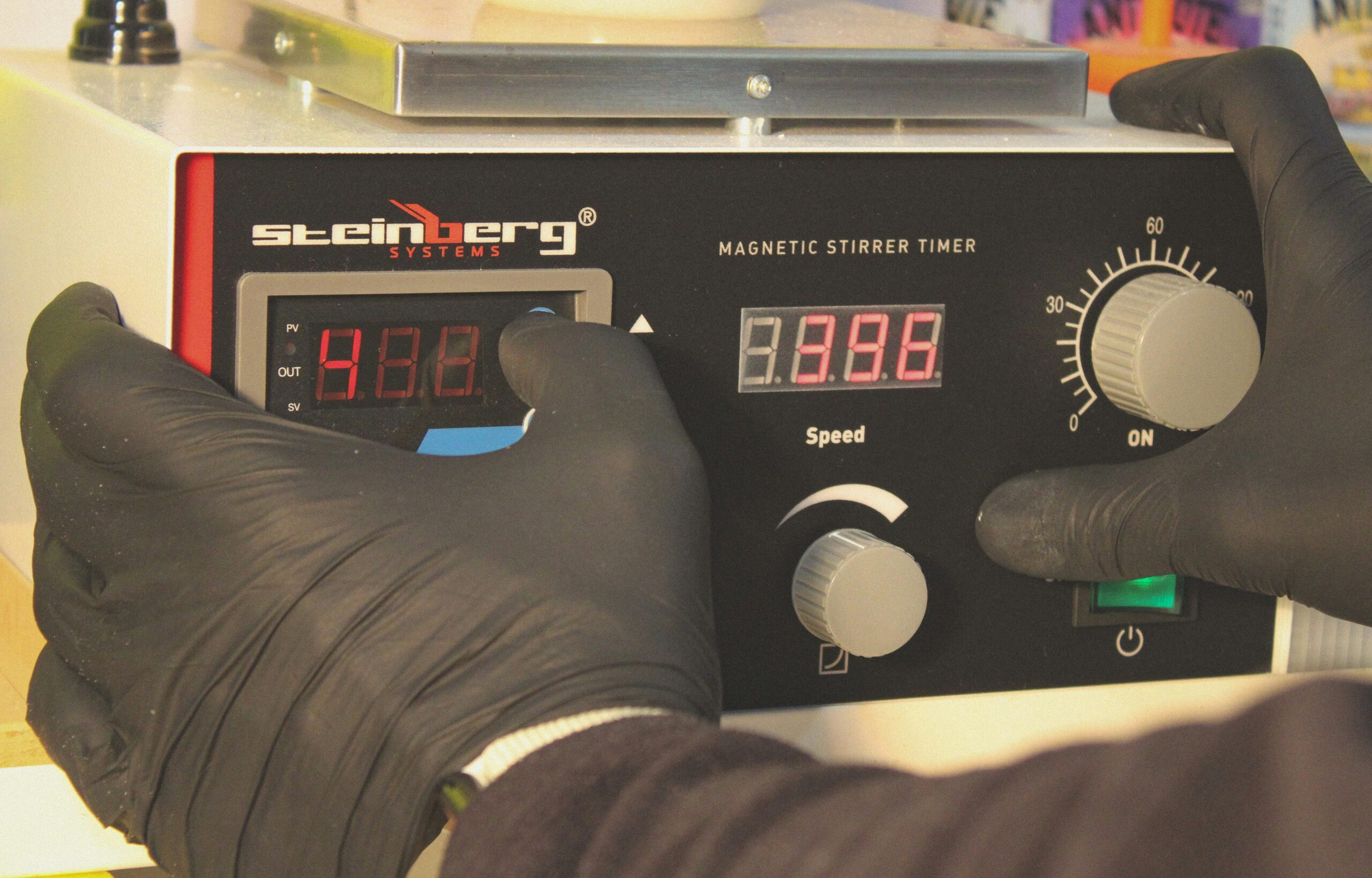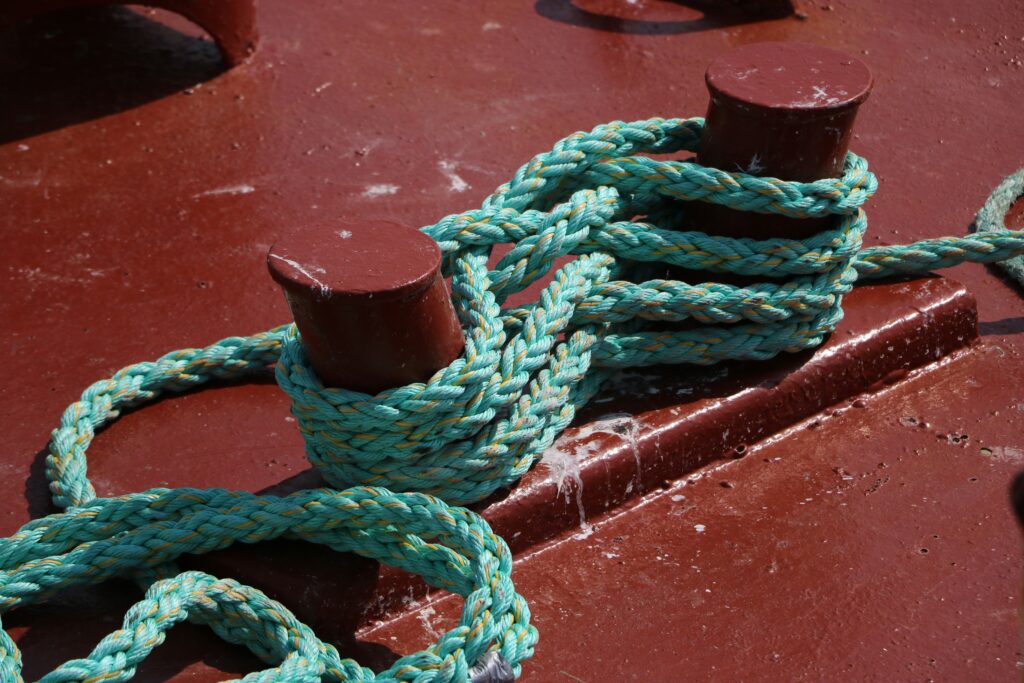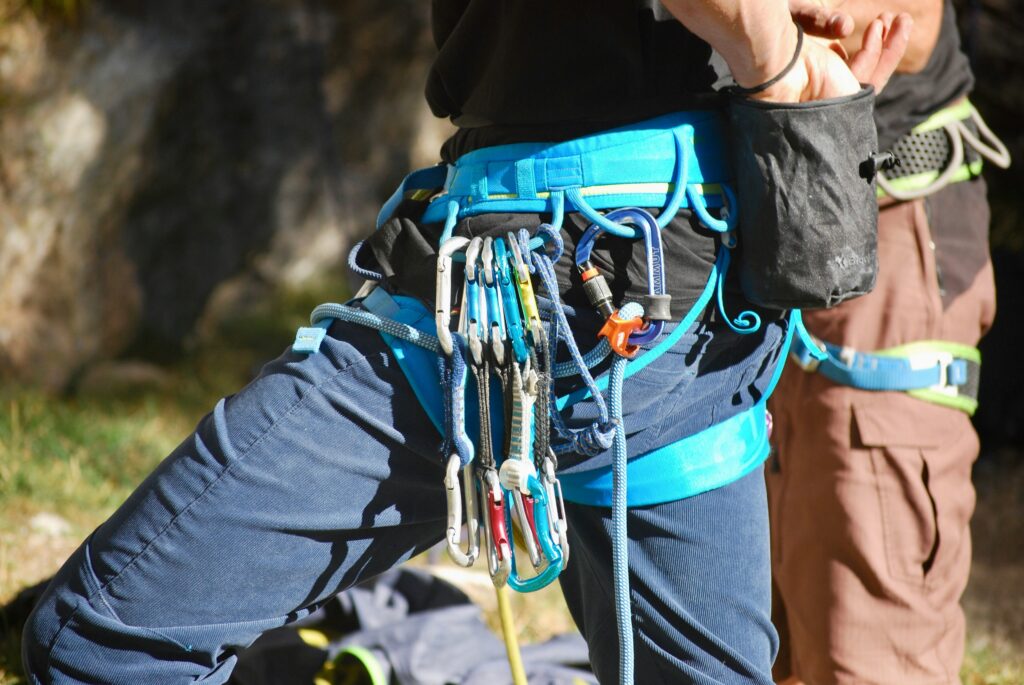Hook: Ever trusted your life to a belay device that wasn’t certified? Yeah, we’re not fans of Russian roulette either.
When it comes to climbing equipment, there’s no room for cutting corners—especially when the equipment directly impacts your safety. In this post, we’ll dive into everything you need to know about Climbing Safety Certifications, why they matter, and how to ensure your climbing belay devices are up to snuff.
You’ll learn:
- Why certifications are non-negotiable for climbing gear.
- How to identify legitimate climbing safety certifications.
- Best practices for maintaining certified climbing equipment.
Table of Contents
- Key Takeaways
- Why Climbing Safety Certifications Save Lives
- Understanding Belay Device Certifications: A Step-by-Step Breakdown
- Tips for Selecting Certified Climbing Gear
- Real-Life Case Studies: What Happens Without Proper Certifications?
- FAQs About Climbing Safety Certifications
Key Takeaways
- Climbing safety certifications ensure your equipment meets industry standards designed to protect you.
- Poorly certified or uncertified equipment can lead to catastrophic accidents.
- Regular maintenance and inspection of certified gear prolong its lifespan and reliability.
Why Climbing Safety Certifications Save Lives
Let me paint a picture: I once stood at the base of a climbing route, staring nervously at my partner who was leading. Then I noticed something terrifying—their belay device looked older than my grandparents’ furniture. To make matters worse, it had zero visible markings indicating certification. My heart sank faster than their chances if they took a fall.
This isn’t hyperbole—it’s reality. Uncertified gear puts climbers in harm’s way every day. Proper climbing safety certifications act as a seal of approval from governing bodies like UIAA (International Climbing and Mountaineering Federation) and CE (Conformité Européenne). These organizations conduct rigorous testing to guarantee the durability, strength, and overall dependability of climbing gear.
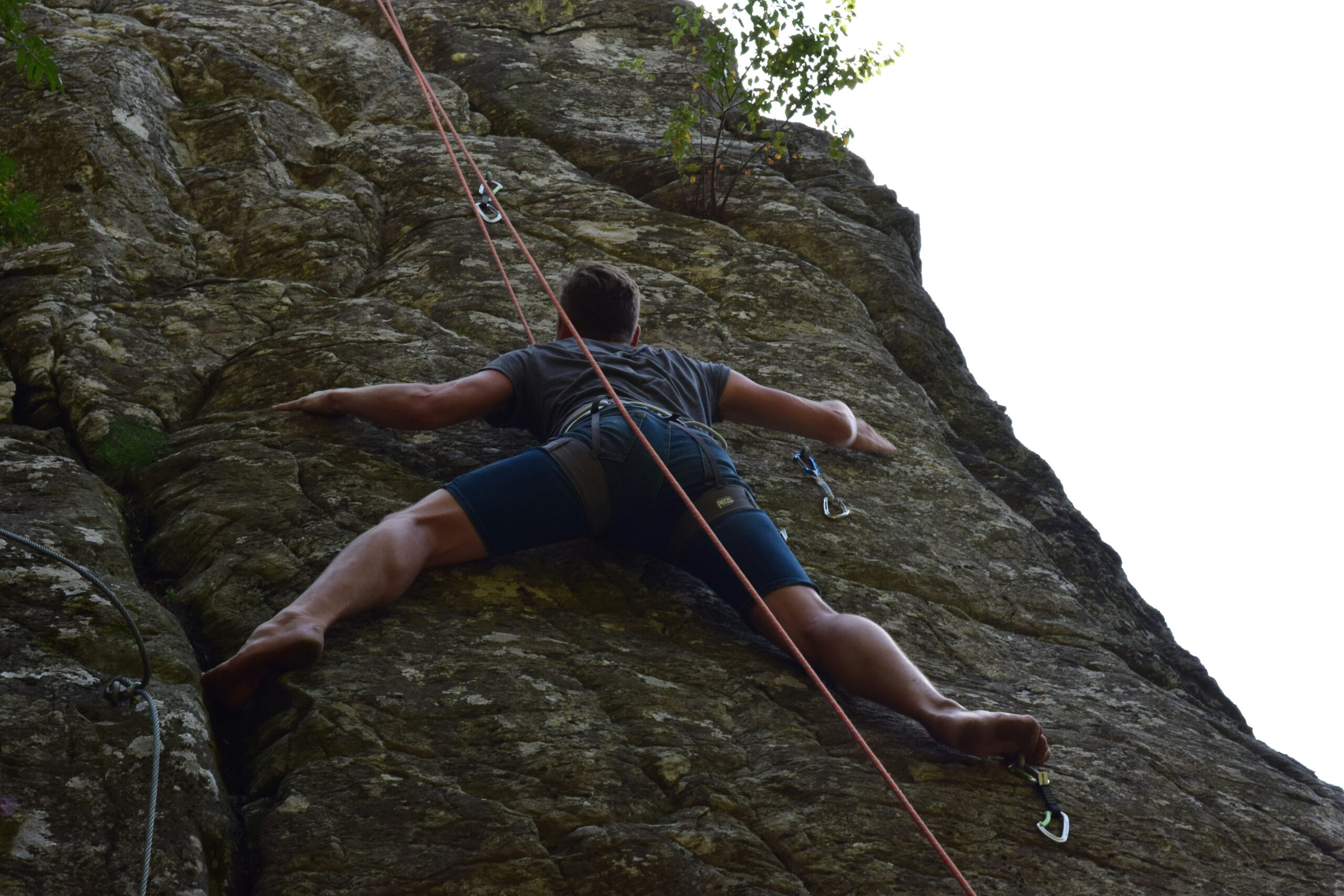
Understanding Belay Device Certifications: A Step-by-Step Breakdown
Optimist You: “All I have to do is pick a certified device, right?”
Grumpy You: “Ugh, fine—but only if coffee’s involved.” Let’s break it down step by step.
What Are the Main Certifying Bodies?
- UIAA: Known globally for setting strict performance standards for climbing gear. Look for their logo.
- CE: Mandatory in Europe but widely respected worldwide. Devices labeled “EN 15151” indicate compliance with European safety laws.
- ANSI: Offers American National Standards Institute certification, though less common internationally.
Where Do I Find Certification Labels?
Certified products will usually display logos or codes prominently on the packaging, manual, or even engraved onto the device itself. For example:
- UIAA: Circular emblem featuring a mountain silhouette.
- CE: A small rectangle containing “CE.”
Tips for Selecting Certified Climbing Gear
Hunting for certified gear isn’t rocket science, but skipping out on the details can cost you big time. Here are some pro tips:
- Tip #1: Always buy from reputable retailers. Amazon third-party sellers? Risky. Local specialty shops? Golden ticket.
- Tip #2: Check reviews, especially technical ones. If other experienced climbers recommend it, bonus points.
- Tip #3: DON’T SKIMP ON PRICE (this one’s bolded because, trust me, cheap gear = disaster).
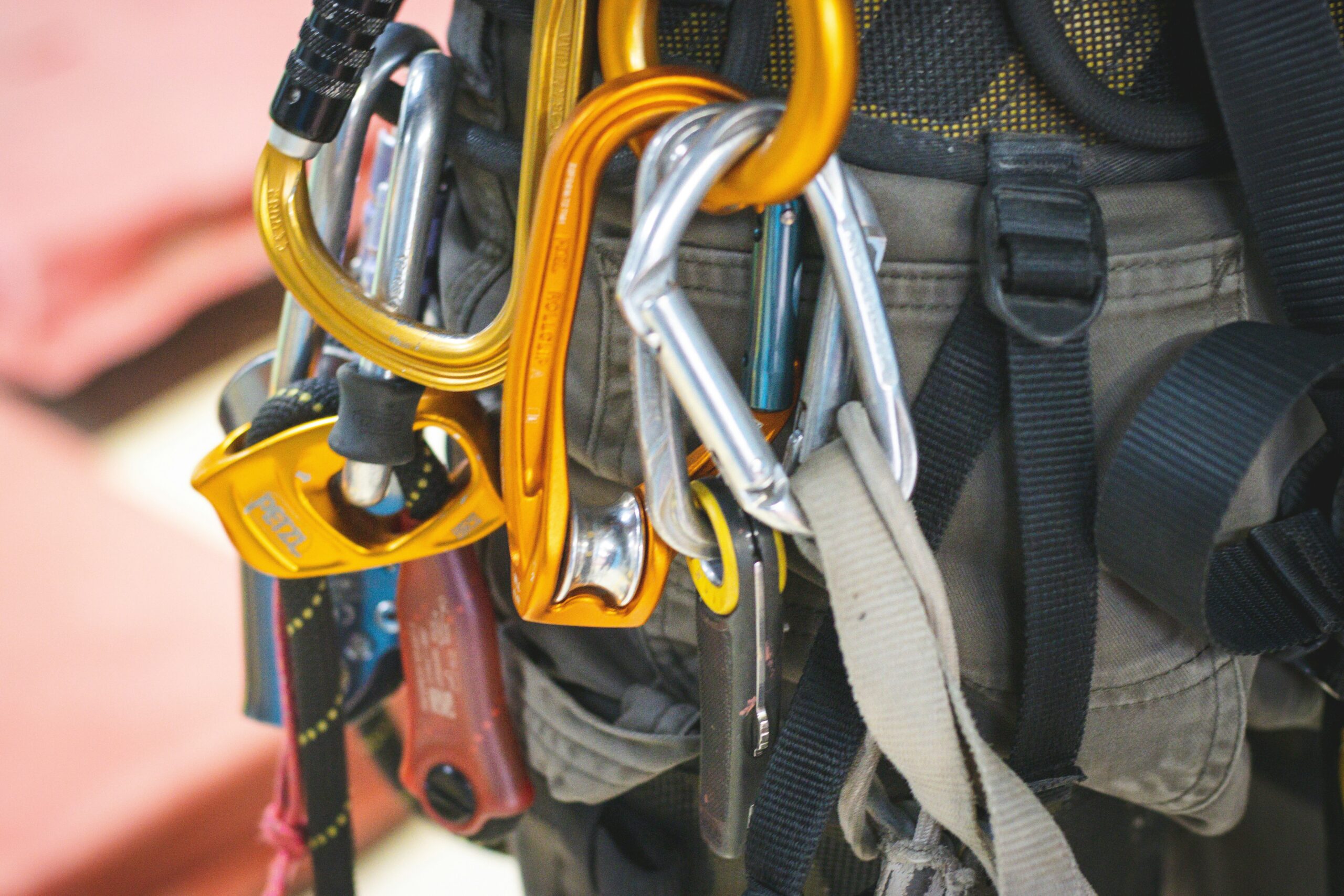
Real-Life Case Studies: What Happens Without Proper Certifications?
Rant Alert: Okay, so here’s where I get salty. Every year, headlines surface about climbing accidents caused by faulty gear. And guess what the culprit often is? Yup—you guessed it: UNcertified equipment.
Take, for instance, a tragic incident in 2019 involving an inexperienced climber using an uncertified secondhand harness. During a fall, the stitching failed, resulting in severe injuries. Had they opted for properly certified gear, the outcome might’ve been very different.

FAQs About Climbing Safety Certifications
Q1: Can I still use old climbing gear without modern certifications?
Absolutely not. Would you drive a car without brakes just because it worked back in the ’60s? Enough said.
Q2: Is having multiple certifications better?
In short, yes. More certifications mean more tests passed, offering extra peace of mind.
Q3: Do certifications expire?
The product itself doesn’t lose certification unless damaged beyond repair or recalled by the manufacturer.
Conclusion
Your climbing adventures deserve nothing less than top-notch protection—and climbing safety certifications deliver exactly that. From understanding which logos to look for to buying from reliable sources, always prioritize quality over savings. Because at the end of the day, your life literally depends on it.
Like a Tamagotchi, your SEO needs daily care. Stay safe out there, adventurers!
UIAA seals promise life—
Ascend with confidence.
